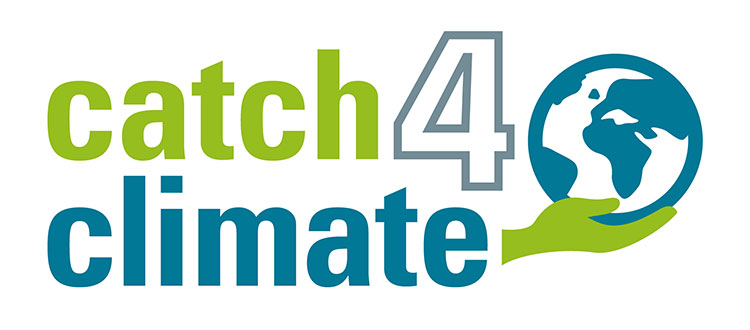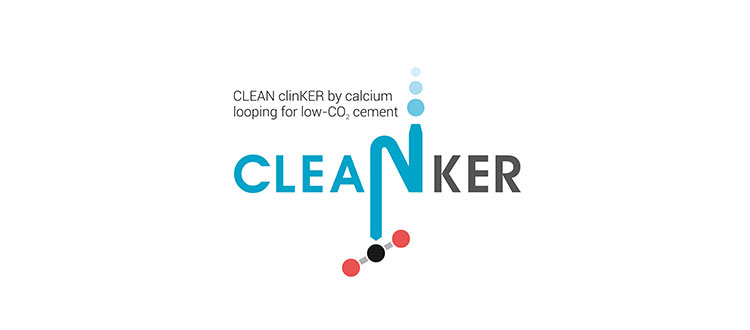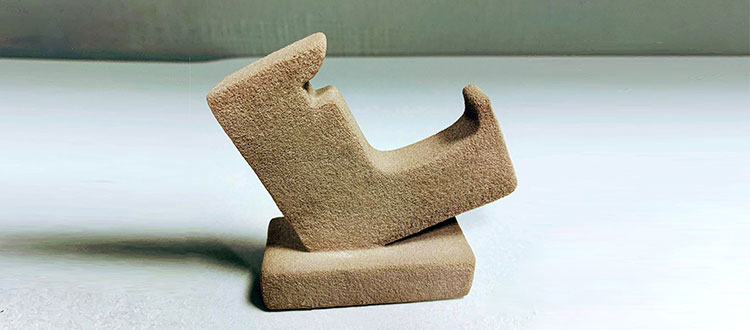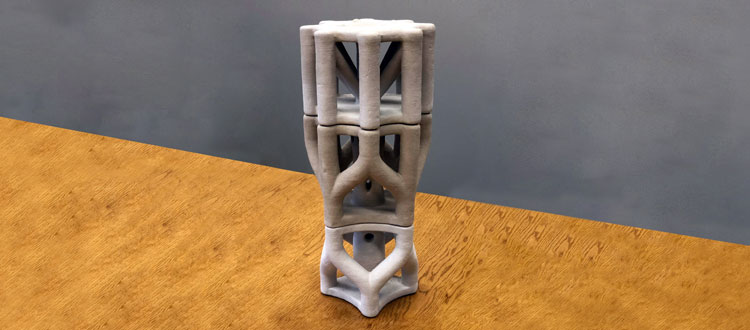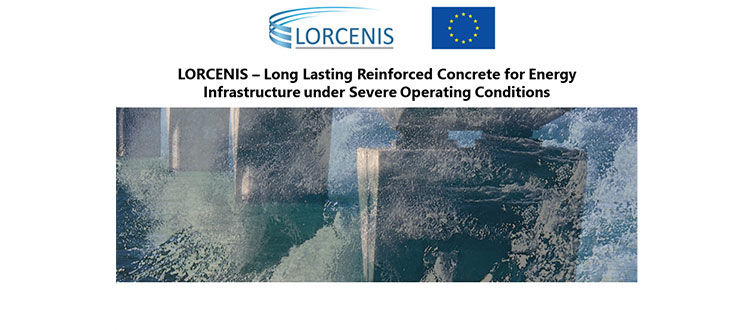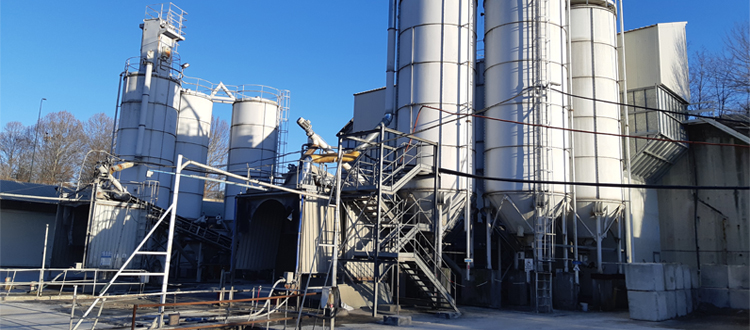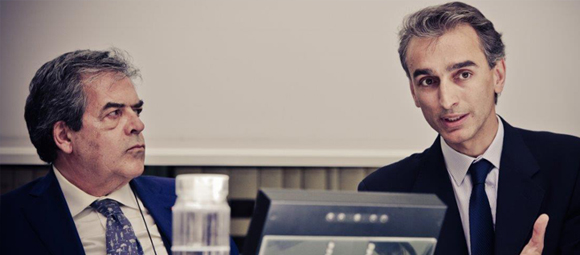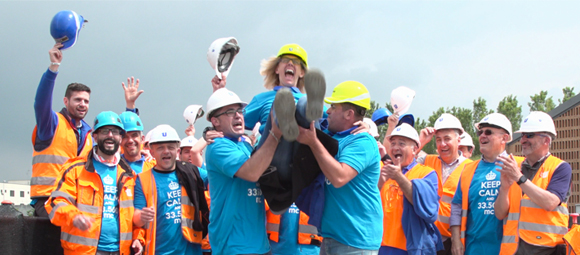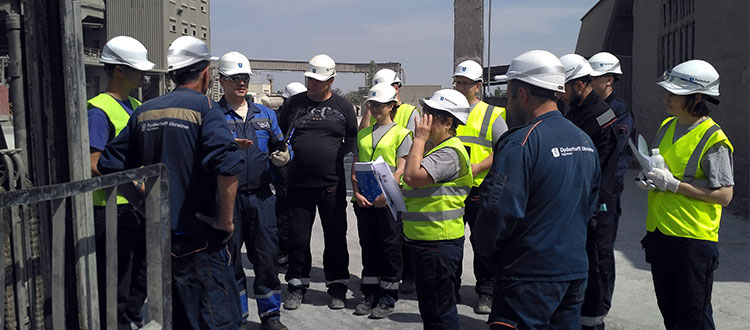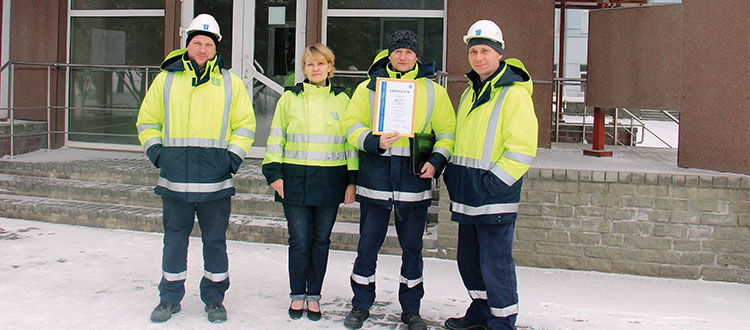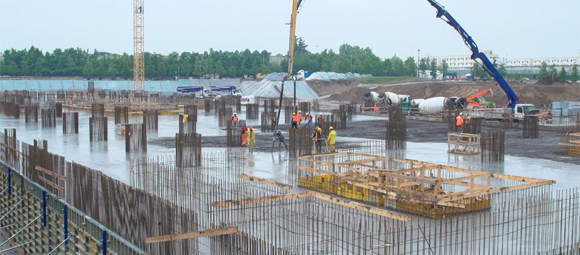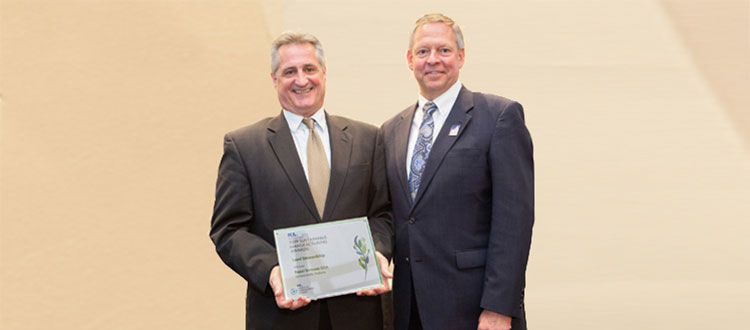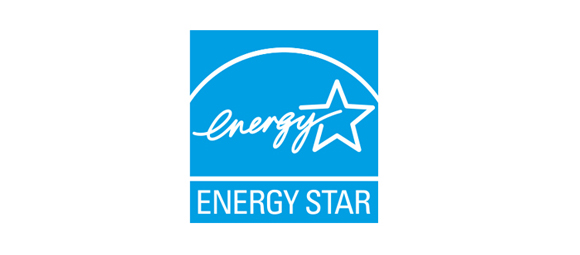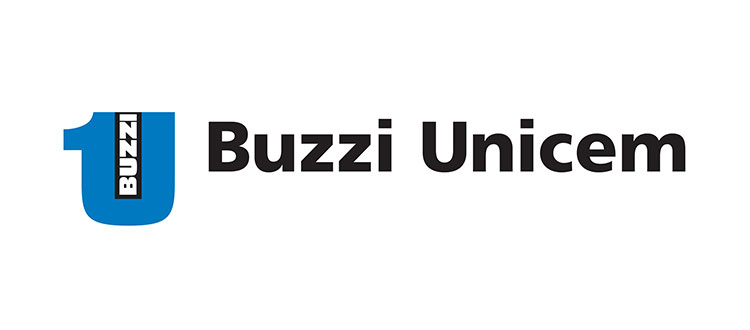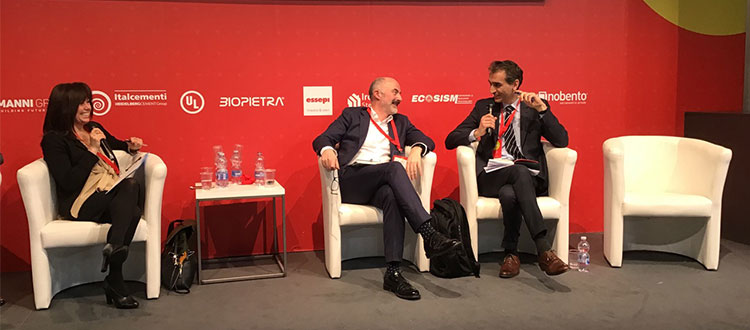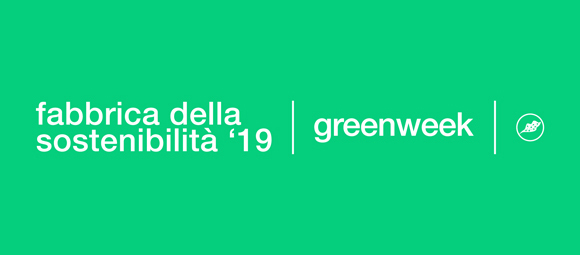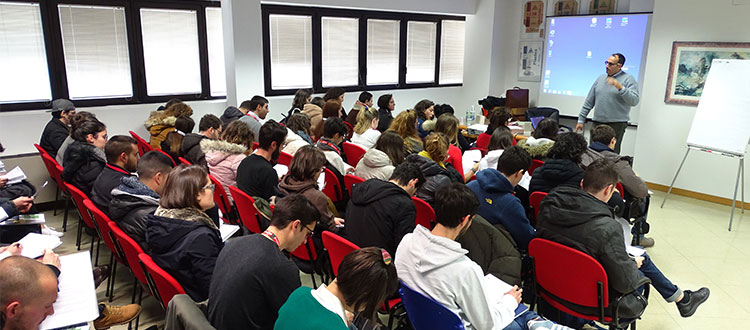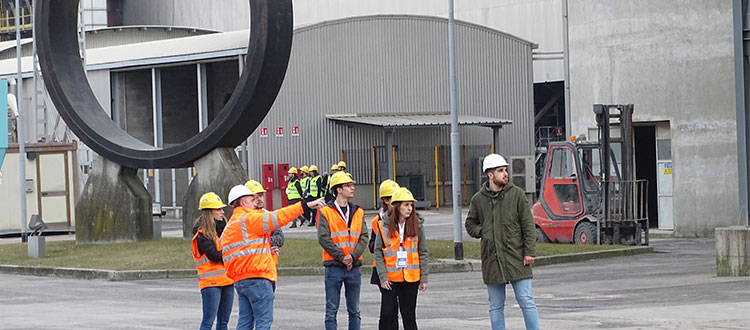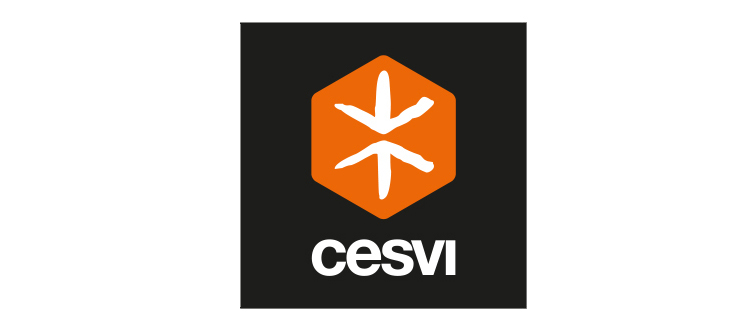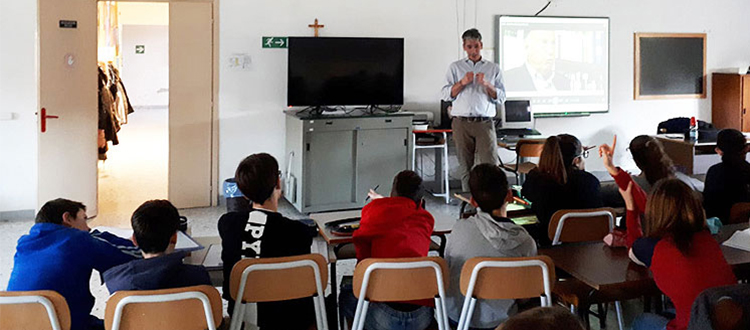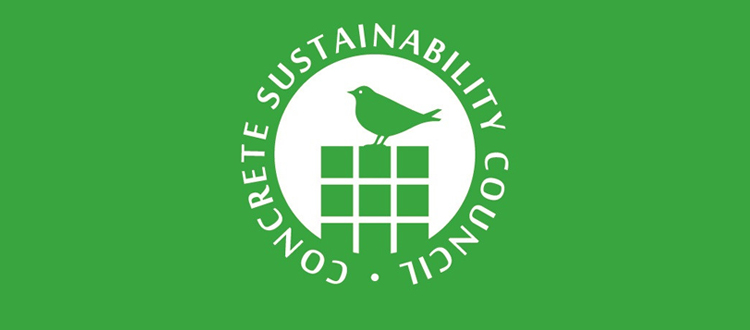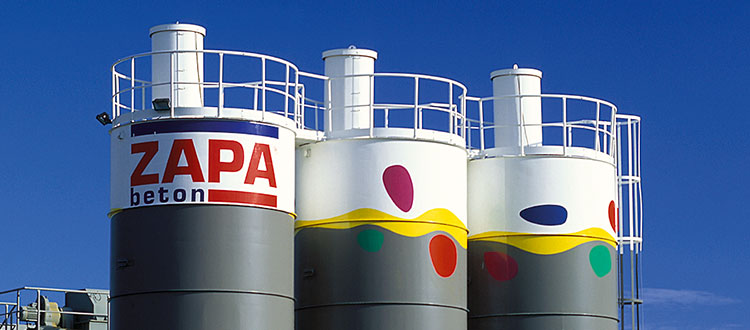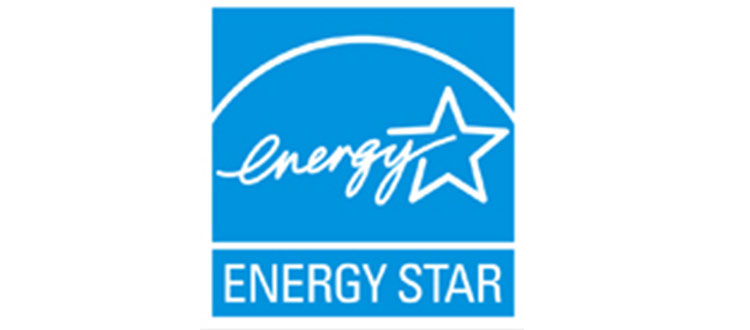
Buzzi Unicem USA and Alamo Cement Plants Receive 2019 ENERGY STAR Certification
The U.S. Environmental Protection Agency (EPA) recently awarded its 2019 ENERGY STAR® certification to Buzzi Unicem USA plants in Chattanooga, TN and Festus, MO and to the Alamo Cement Company plant in San Antonio, TX. This certification is awarded to a facility for superior energy performance in comparison to similar plants. This marks the eleventh consecutive year the Chattanooga and Festus plants have received certification, and the eighth consecutive year for the San Antonio plant. In order to qualify for ENERGY STAR recognition, cement plants must score at least 75 on the Energy Performance Indicator (EPI), used by the EPA to measure energy efficiency. In addition, the plant must have a satisfactory environmental compliance record for the past 3 years. Receipt of the ENERGY STAR certification means these three plants perform in the top 25 percent of similar facilities nationwide. The ENERGY STAR program focuses on strategic energy management and emphasizes the importance of demonstrating environmental leadership for future generations.



